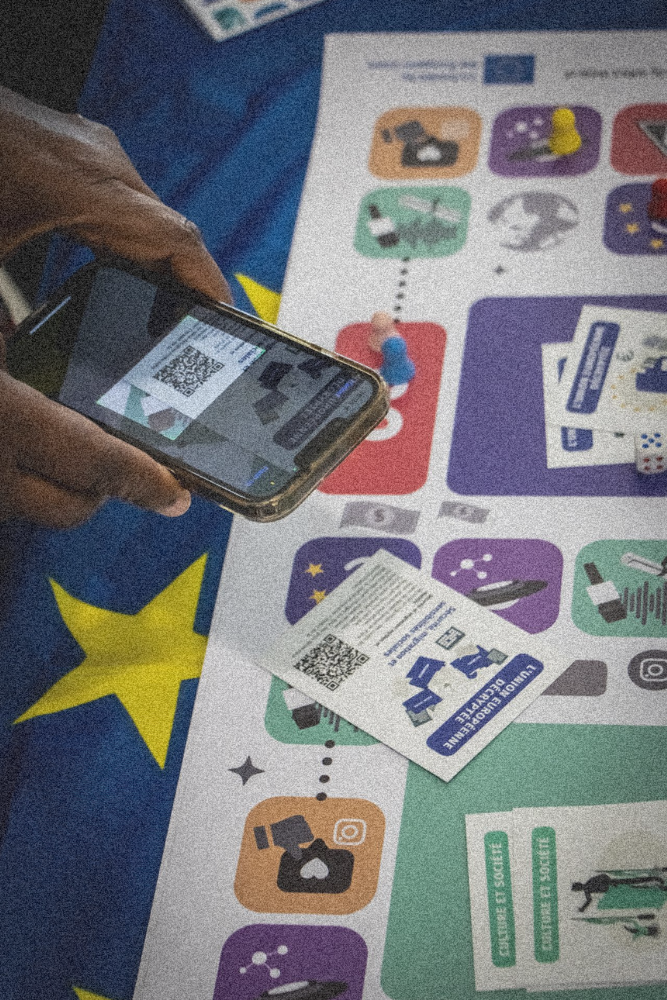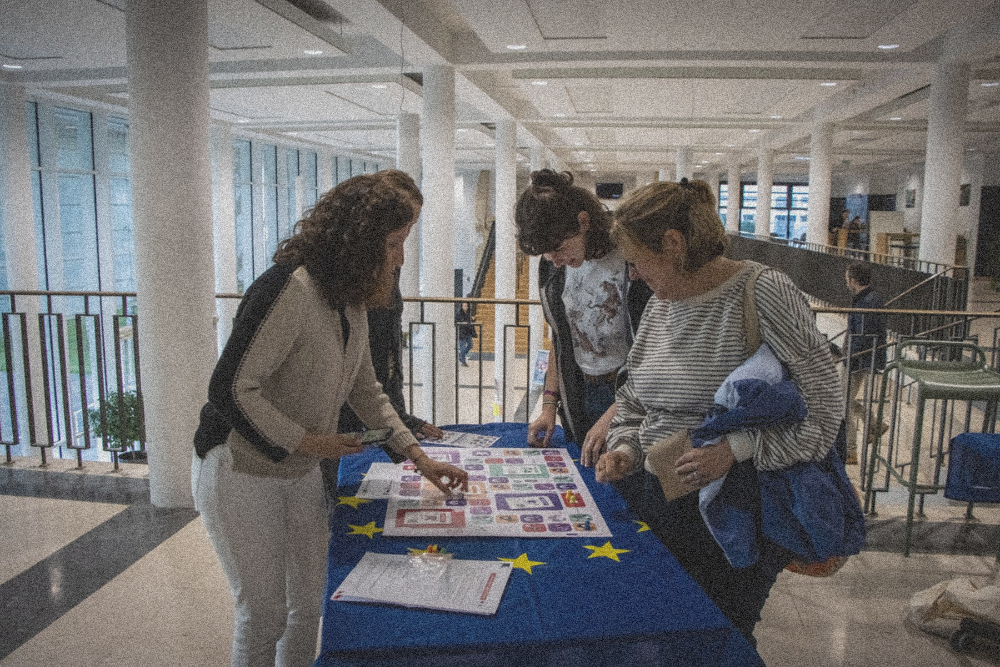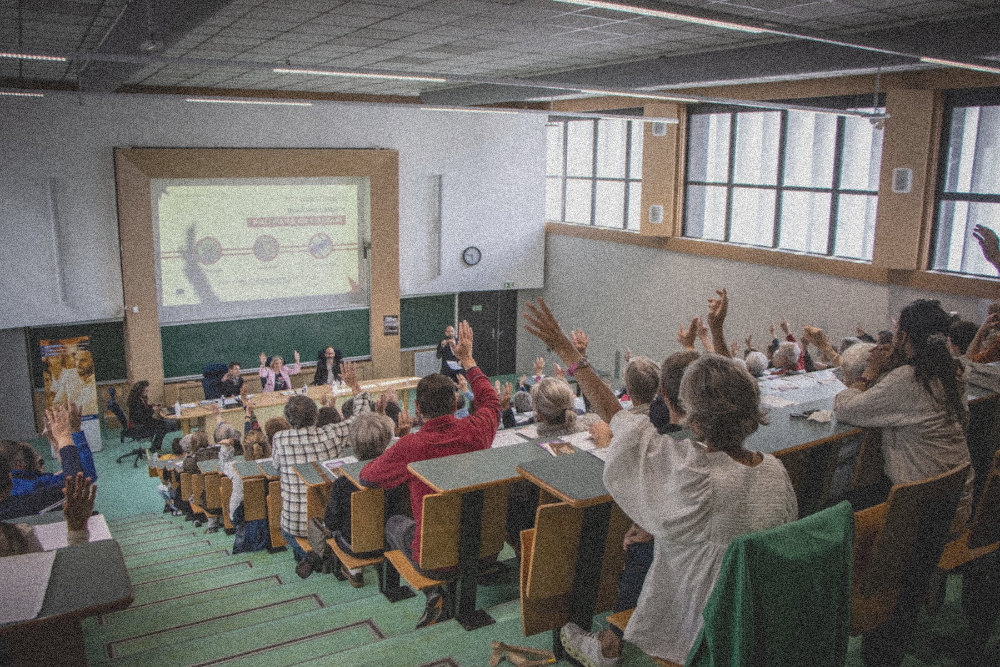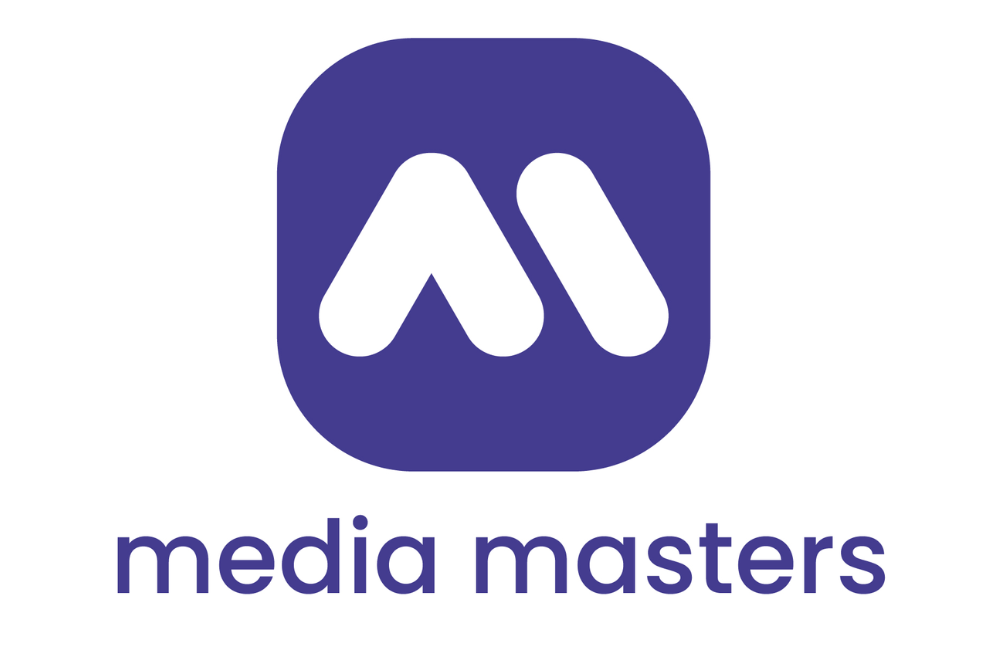


MEDIA MASTERS
Promote media literacy and the fight against disinformation.

Project period: July 2024 – July 2026
Coordinator: Pistes Solidaires (France)
Partners of the project: CESIE (Italy), Cultural Foundation 1948 (Cyprus), Casoris (Slovenia), Explora il Museo dei Bambini di Roma (Italy), University of Sofia: Faculty of Journalism and Mass Communications (Bulgaria), Innovation Hive (Greece), Instituto Ikigai (Spain), MakerSpace (Croatia), University of Maribor (Slovenia), Voxeurop (France), Younet APS (Italy), Appworks (Serbia)
Website: mediamasters-project.eu
![]()
The context:
For several years now, the influence of media on our societies has been steadily increasing. In the digital age, where information spreads constantly and at high speed, it is essential to develop strong media and information literacy. This kind of education plays a key role in shaping informed citizens who are able to understand, analyze, and question how media content is created and shared.
It goes beyond simply consuming information: it aims to equip everyone with the tools needed to think critically about sources, identify potential bias, and distinguish facts from opinions or manipulation.
This skill is especially crucial during election periods, when disinformation campaigns become more frequent and can influence public opinion in subtle but powerful ways. Learning to spot fake news is now a real democratic issue—essential to fully and freely exercising one’s role as a citizen.
The objectives:
– Encourage participation in democratic life
– Raise young people’s awareness about the importance of reliable information and the role of the media in democracy
– Teach them how to identify and counter false information online
The results:
1. An interactive board game featuring 80 media scenarios designed to help players tell fact from fiction. These scenarios explore different types of disinformation across key themes: Politics, History, Online Dangers and Safety, Journalism, and a special category focused on the European Union.
2. Media Masters Events: These events are designed as spaces for discussion and reflection, aiming to engage citizens – especially young people – with the challenges of disinformation. They also serve to collect valuable data on how European citizens perceive fake news. This data, combined with surveys and polls, will help produce an in-depth analysis of how young people perceive and respond to disinformation.
Four formats of events will be offered:
– Professional conferences, bringing together journalists and experts to discuss the impact of disinformation on European democracies, using insights from the game sessions.
– “Playing Education Game” sessions for children and teenagers, combining a presentation, interactive gameplay, and group discussion.
– Trainings for teachers and educators, giving them the tools to integrate these educational resources into their classrooms and workshops.
– “How to distinguish the right and the fake” workshops, targeted at high school students and journalists, to open a critical dialogue on fake news.


